Best Camera For Building Photography That Capture Structures
February 15, 2024
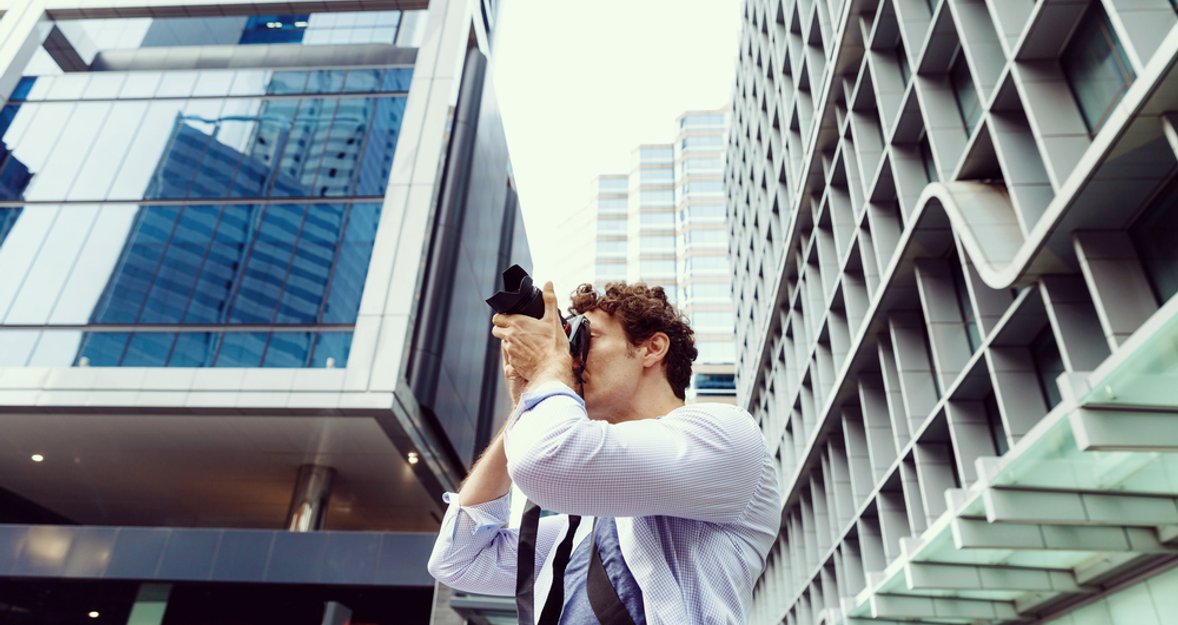
This post guides you through selecting the perfect camera for capturing buildings, blending technical advice with practical tips to bring architectural beauty to life in your photos. From detailing the unique challenges of building photography to exploring camera features that matter, it's a must-read for anyone looking to elevate their architectural or real estate photography skills!
Walking by a building at sunset can make you stop in your tracks. The way the light hits the bricks or glass can be stunning! You think, "I wish I could show this to others." But capturing that scene as you see it isn't straightforward. You need a good camera and to know a bit about building photography techniques!
Let's get into choosing the right camera for this. You want one that helps you share what you see with the world, like an old building full of history or a new skyscraper that catches your eye. The right camera will help you capture these scenes!
We'll also cover some tips to help you take better photos of buildings. This isn't just for professional photographers; anyone interested in showing off the beauty of buildings can learn something. Ready to start? Let's find a camera that works for you and learn how to use it to capture those stunning views!
What's Special About Building Photography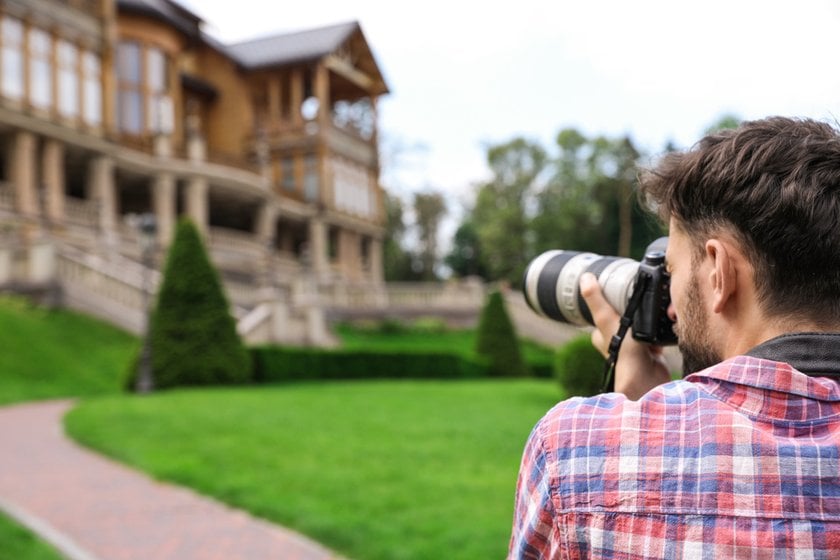
Taking images of buildings is like documenting stories made of brick, glass, and concrete. However, telling stories through these photos can be quite challenging. Picture yourself trying to fit an entire skyscraper into a frame while standing at its foot, or attempting to capture the intricate details of an aged building as deep shadows fall across its facade from the sun's position. These moments can be tough to get right!
And when it comes to black-and-white building photography, the game changes a bit. Without colors, you rely on the light, shadows, and the building's own lines and textures to make the picture interesting. Black-and-white photos can make a modern skyscraper feel timeless or show off the gritty details of an old warehouse in a new way.
So, what should you look for in a camera to help with these challenges?
Clear Detail: A camera that takes sharp, high-resolution photos is key. This is even more important for black-and-white photos, where the details need to pop without the help of color.
Handles Light Well: Buildings can be tricky with all their bright spots and shadows. A camera that can keep the details in both the dark and light parts of your photo is what you need.
Flexible Lenses: Being able to swap lenses is a big plus. A wide-angle lens can help you fit a whole building into your shot. And for black-and-white photos, choosing a lens that highlights the building's texture and form can make all the difference!
You're in Control: Manual settings let you adjust your shot to match what you're seeing. This control is crucial for dealing with tricky lighting or when you want to experiment, like with black-and-white photos where you might want to play around with light and shadow to create drama.
Good in All Lights: A camera that takes great photos both day and night gives you more chances to capture buildings in interesting ways. This is especially true for black-and-white photography, where the mood can shift dramatically with the lighting.
In the end, capturing buildings in photos is about seeing the beauty in the structures around us, whether in color or in the striking contrasts of black and white. With the right camera in hand, you're ready to tell those stories!
The Best Cameras for the Job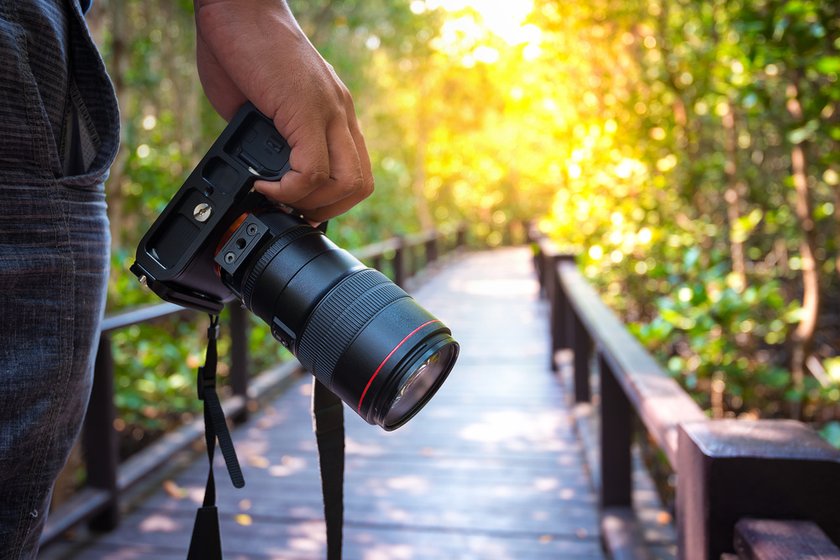
Let's dive into the cameras that'll help you capture buildings like a pro:
DSLR Cameras
So, DSLRs are the old-school workhorses of the photography world. They've got a solid track record for snapping crisp, detailed shots. What's great about them is the range of lenses you can swap in and out, giving you loads of flexibility. Need to zoom in on a carving halfway up a building? No problem. Want to get the whole structure in one frame? They've got you covered. The catch is their size and weight — not exactly fun to lug around if you're hopping from spot to spot all day!
Mirrorless Cameras
Now, mirrorless cameras are the new kids on the block. They ditch the bulky mirror system of DSLRs, making them way lighter and easier to carry around! They're no slouch in the photo quality department either and are actually better for shooting in dim light. The downside? Their batteries can run out faster, so you might find yourself swapping batteries just when you've lined up the perfect shot.
Special Cameras
For real building photography enthusiasts, there are some specialized tools out there. Ever heard of tilt-shift lenses? They let you tweak your shot's perspective, so you don't get that leaning effect when you're shooting tall buildings from the ground up. These are pretty niche, but if you're all about getting those architectural shots just right, they might be up your alley.
Best Lens for Building Photography
Choosing the right lens is a big deal, too. Wide-angle lenses are generally your best friend for building shots. They let you squeeze in the whole building, even when you can't back up enough to fit it in the frame. Aim for something between 16mm and 35mm if you're using a full-frame camera. This range gives you a broad vista without distorting the building's edges too much. For those times you want to capture a building's texture or an interesting detail, a prime lens with a large aperture will help you nail those sharp, eye-catching shots with beautiful background blur.
In the end, picking your photography gear is about matching it to your style and what you're trying to capture. Whether you lean towards the trusty DSLR, the lighter mirrorless, or even dive into specialized equipment, the right tools will help you bring those architectural beauties to life in your photos.
Powerful and Feature-Rich RAW Converter
Try it NowHow to Pick the Perfect Camera
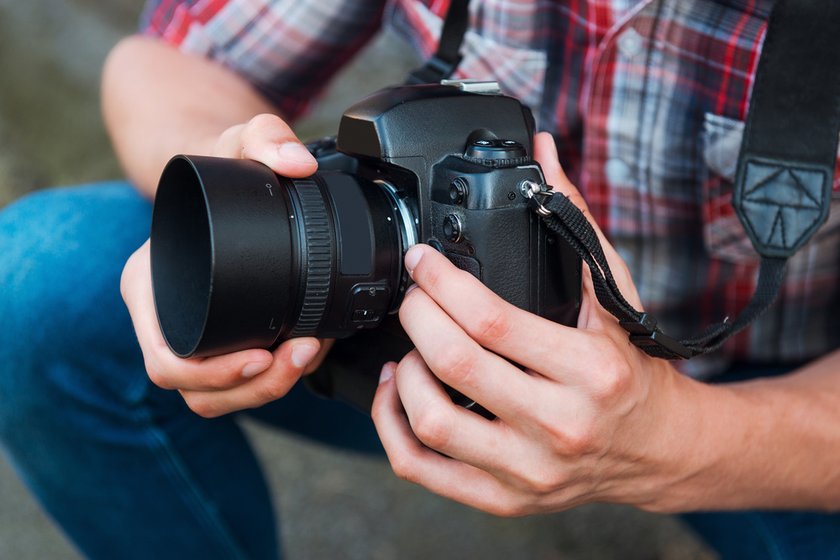
Choosing the right camera depends on what you need, your budget, and a few key features!
First, consider the types of buildings you are photographing and the lighting you will often encounter. This will say whether you need an excellent camera in broad daylight or low light. Your budget is also important. Cameras and lenses cost differently, so decide how much you’re willing to invest!
The lens is as important as the camera itself. Different lenses serve different purposes. A wide-angle lens is essential for capturing an entire building, while a zoom lens is better for details. Make sure the camera you choose allows you to change lenses according to your needs.
Other Things to Think About
Stability: Look for image stabilization to help keep your shots sharp, especially in less-than-ideal lighting.
Weather Sealing: If you often shoot outdoors, a weatherproof camera can withstand rain, dust, and other elements.
Connectivity: If sharing your photos online is important, choose a camera with easy connectivity options like Wi-Fi or Bluetooth.
In short, the best camera for you strikes a balance between specific and practical photography interests and costs. Consider what you’ll be shooting, under what conditions, and how you’ll use your photos to guide your choice!
Luminar Neo for Editing Your Building Photos
Selling homes hinges on striking photos that grab attention. That's where photo editing for real estate comes into play, and Luminar Neo offers a helping hand with its HDR Merge Extension. This feature blends multiple shots into one perfectly lit image, ensuring every corner of the house shines. It's like having a shortcut to professional-looking photos, making every listing stand out, all without needing to become a photo editing guru.
Editing RAW photos might seem daunting due to the sheer amount of detail they capture. However, Luminar Neo simplifies this task. It excels at transforming RAW snapshots into eye-catching images by allowing you to fine-tune light and color with ease. This AI RAW photo editor feature is invaluable for dealing with unpredictable lighting, such as dim interiors or overly bright days, ensuring those high-detail RAW shots turn into visually appealing pictures.
And when it comes to black-and-white photography, Luminar Neo brings a unique perspective. Converting images in black-and-white photo editing software isn't about removing color but highlighting a different beauty. This tool lets you effortlessly emphasize contrasts, textures, and the play of light and shadow. Whether aiming for a nostalgic look or focusing on architectural details, Luminar Neo helps you create images that do more than show a space; they convey an emotion, making every photo not just seen but felt!
Transform Your Photos into Classic Monochrome
Try it in Luminar NeoConclusion
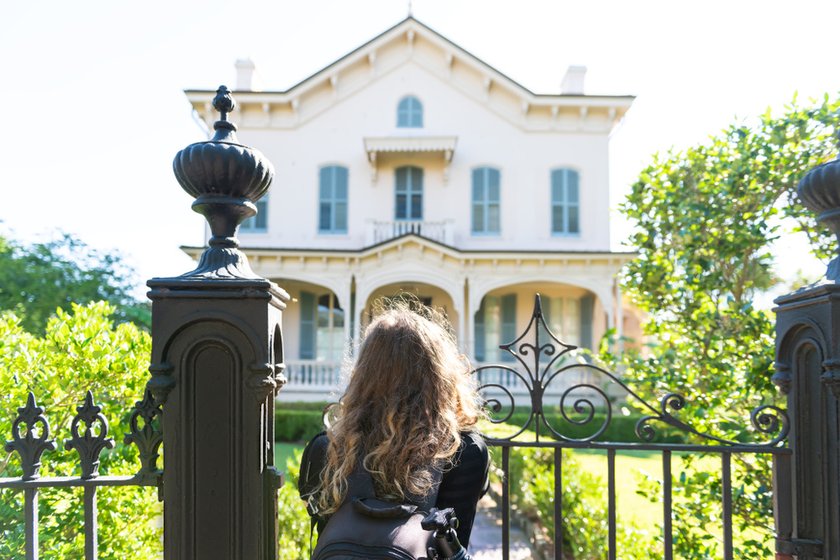
Choosing the right camera and having photo editing is important if you want to capture stunning photos of buildings. The tips we gave are your ticket to making those things shine in your photos!
The ideal camera for you is one that meets your specific needs, matches your photography style, and fits your budget. In addition, with software like Luminar Neo, drawing your photos to perfection is easy, and it ensures that your architectural designs or real estate designs are eye-catching. For those looking to dive deeper into composition techniques, don't miss our post on golden ratio examples to enhance the visual appeal of your shots further. And if you're focusing on property images, our real estate photography tips provide valuable guidance to capture homes in the best light!
So, grab your camera, dive into the world of building photography, and enjoy sharing the beauty you capture with everyone!







